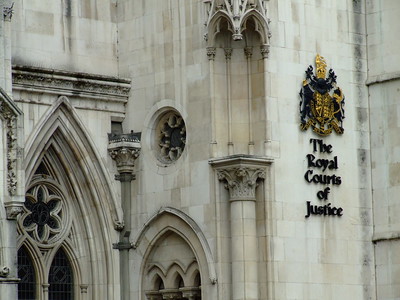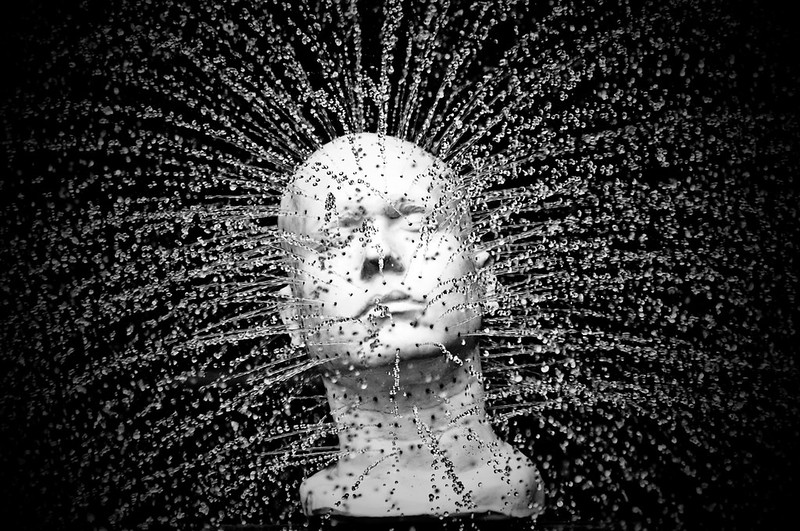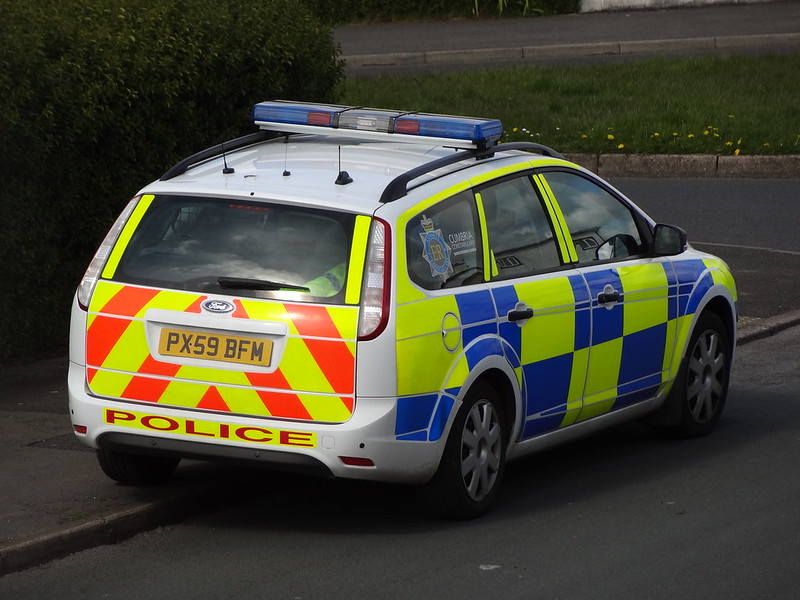The death of PC Harper has been in the news again recently. He died after he was dragged behind a car that was fleeing from the scene of a theft. Unusually, at the same time that the Attorney General applied for leave to refer all three sentences as being unduly lenient, the three accused applied… Continue reading Manslaughter and the ‘PC Harper Case’
Sentencing And The Issue of ‘Psychological Harm’
A number of the definitive guidelines published by the Sentencing Council direct sentencers to consider whether the victim of an offence has suffered severe psychological harm. In some guidelines, that question has to be considered at step 1 of the sentencing process: a finding of severe psychological harm places the case into a higher category… Continue reading Sentencing And The Issue of ‘Psychological Harm’







